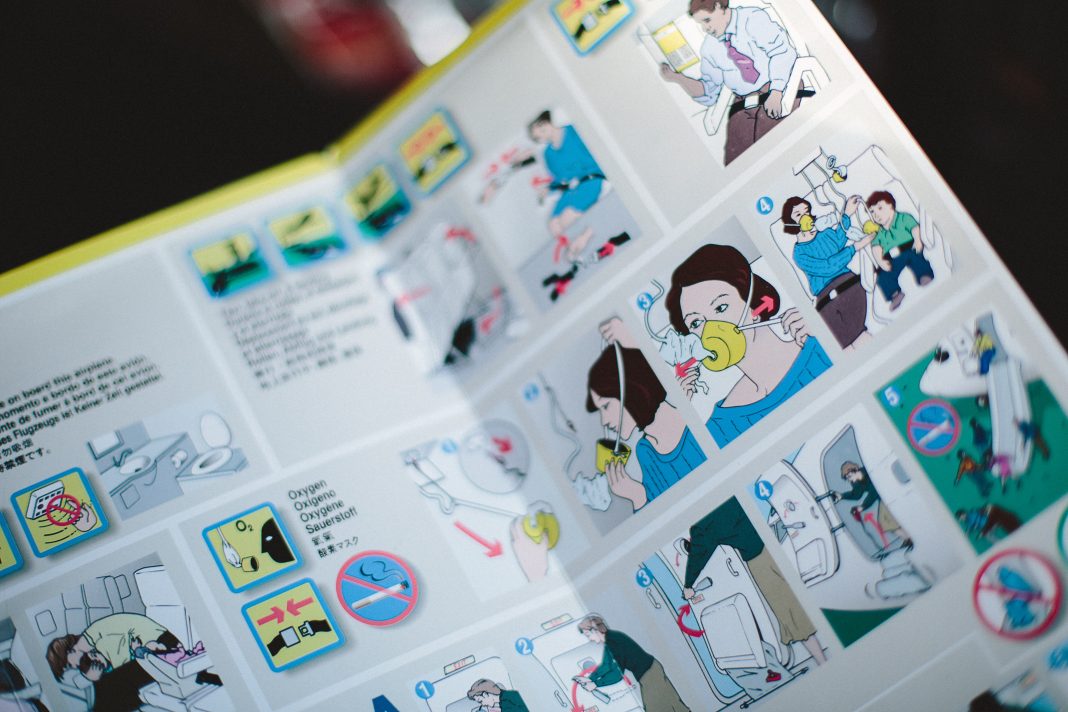Considering its importance and benefits, travel insurance really ought to be treated much better than we travelers currently do. For most of us, the best time to buy travel insurance is… never. At best, it may be shoehorned in if we happen to come across an attractive enough promotion somewhere between booking our plane tickets and boarding the aircraft.
But, as the Covid-19 saga is clearly showing, neglecting travel insurance can backfire – most commonly as unrefunded tickets for cancelled flights in the wake of the pandemic. That’s just the tip of the iceberg – travel insurance can actually compensate you for any number of trip-related incidents that run the gamut from inconvenient to life-threatening.
The Best Time to Buy Travel Insurance is Upon Confirmation of Your Trip

Ok, so fine – you’ll just slap on a travel insurance package sometime before your flight, and that should be the end of it right? Well, not exactly. Knowing when to buy travel insurance is also just as important.
Why, because buying your travel insurance at the right time means treating it as part of your trip planning – just as you ought to be doing anyway. This means that the best time to be buying travel insurance is during the confirmation of your trip. And for most of us, that means upon or right after booking our plane tickets.
3 Advantages of Buying Travel Insurance at the Right Time
Ok, just because we’ve told you the best time to buy travel insurance doesn’t mean you’ll automatically do so. You need reasons – we understand that. So, here are three reasons why the best time to buy travel insurance is as soon as you confirm your trip.

You Can Enjoy Lower Prices
Airlines and travel agents often offer travel insurance as bundle deals, which gives you some nice additional savings. More importantly, these prices are not likely to be available outside of the bundle. That’s why leaving your travel insurance to the last minute will almost certainly mean paying higher prices, especially if you don’t yourself enough time to comparison shop.

You Are More Likely to Get Needed Coverage
Let’s say your Hunter’s Valley holiday includes hot-air ballooning as an activity, which you decide to commemorate with your very expensive DSLR. You decide to get extended cover for your equipment just in case.
However, the later you leave your travel insurance, the more likely you are to forget about the extended coverage. Or you may have trouble tracking down the right travel insurance plan when you finally get down to it.
This increases the likelihood you’ll try to make do with insufficient coverage, which is as good as not having insurance in the first place.

You Can Have Greater Peace of Mind
The most important reason by far to buy your travel insurance shortly after confirming your trip is the ease of mind you’ll gain, knowing that if your trip somehow fails to materialize, or you encounter delays, mishaps, or illness along the way, you have a backup plan that helps you get out of a bad situation. Depending on the actual circumstances, you can expect to recover at least part of your money.
Look, having to forego a long-awaited holiday is punishment enough, imagine adding to that the sting of being denied a refund for your air tickets and your hotel rooms. Some airlines may offer a change in travel date in lieu of a refund, but you’ll need to top-up any difference in air fares, easily putting you over budget.
As for hotel bookings, cheap accommodations almost always are non-refundable. Even if you spend more on deals with ‘free cancellation’ clauses, you can expect to pay for the first night’s stay if you don’t manage to cancel in time.
With the right travel insurance plan, however, all you need to do is to submit a claim to be compensated for your losses. And now that your money is recovered, you can go ahead and plan another holiday without having to put up with losses. Easy peasy.
The original article was published on 19 March 2020. Last updated by Discoverist Team as of 13 March 2023




